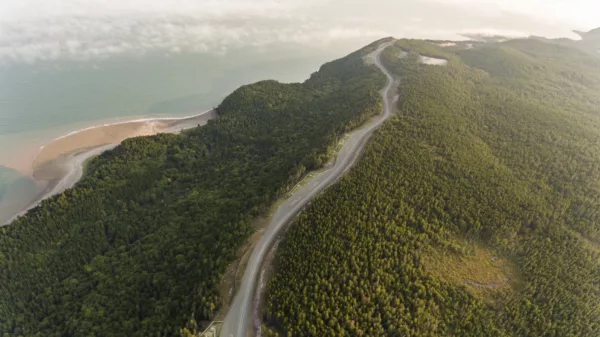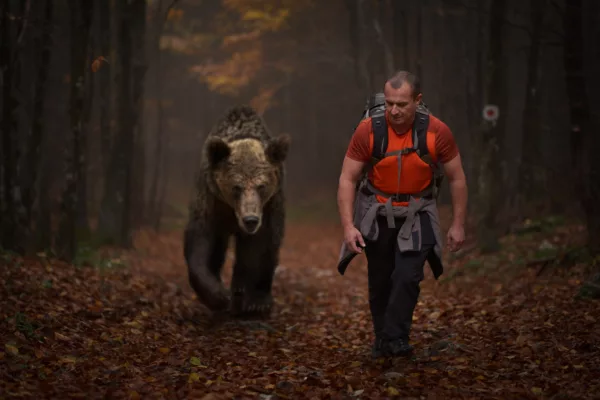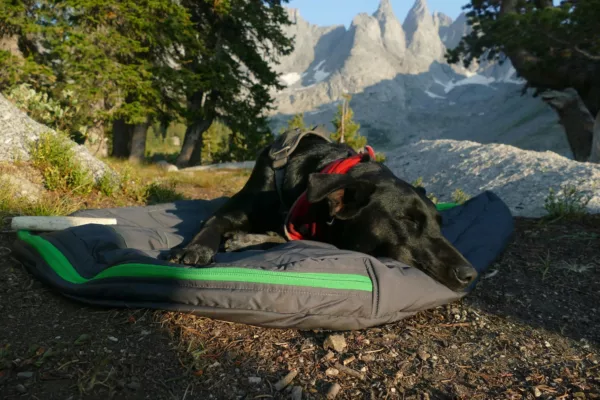Should Lifeguards Be Re-Established At Canada’s Most Popular Surfing Beach?

In 2012, the lifeguard tower that had stood watch for roughly 40 years over Long Beach in Pacific Rim National Park Reserve was torn down. The lifeguard service in the Tofino, British Columbia-area park—credited with an average of eight water rescues per season—was terminated due to a federal government decision to cut Parks Canada’s budget by $29 million.
But after two surfing deaths at Long Beach in 2018, calls have returned for the resurrection of the lifeguard program near Lovekin Rock, a notoriously dangerous surf locale where both fatalities occurred and where the tower once stood.
In May of 2018, 52-year-old Ann Wittenberg drowned just hours before she was set to walk her daughter down the aisle for her wedding ceremony. Earlier, in February, University of Victoria research student Nijin John also drowned while learning how to surf.
According to Parks Canada, once it became evident that the landscape of surfing in the region was dramatically changing, maintaining the lifeguard service made little sense.
In an email sent to the Tofino-Ucluelet Westerly Newspaper in the aftermath of Wittenberg’s drowning, Pacific Rim National Park Reserve Superintendent Karen Haugen defended the decision to cancel the lifeguard program: “The Surf Guard program, which ran during summer months in a popular section of Long Beach, concluded in 2012 as it was no longer in step with evolving surf and water recreation practises in the area. While surfing used to be centralized around a small area of Long Beach, primarily during peak summer months, now surfing is common over a wide area stretching from Ucluelet’s Mussel Beach, through the Long Beach Unit and into Tofino’s North Chesterman Beach. Surfing is also more of a year-round sport now.”
A new, broader-based initiative dubbed CoastSmart was adopted inlieu of the lifeguard program which turned to signage and education to promote visitor safety to the 1.2 million annual visitors.
“Through the CoastSmart program, which launched in 2016,” added Haugen, “Parks Canada has been collaborating with Tofino and Ucluelet, along with tourism-based businesses and safety organizations, to educate visitors and local water-users about the risks of the ocean in this region. We educate people on the dangers of tides, unexpected waves, the power of rip currents and the debilitating effects of cold water.”
The information is dispersed via the CoastSmart website (coastsmart.ca), an interactive online quiz, videos with local ambassadors, rack cards, information sheets, restaurant coasters, advertisements and sharing CoastSmart information face-to-face with beach-goers.
But the region’s Member of Parliament, Gord Johns, claims that while education is important, the new program, acting in isolation, is falling short.
Throughout 2018, he made repeated calls for action, including asking Canada’s Environment Minister twice to reinstate the lifeguard program and raising the topic during the question period in the House of Commons.
“It is clear that signage in our parks is not enough to keep the public safe,” he said in a statement. “I share the serious concerns expressed by Tofino residents for public safety on Long Beach, especially at the area of Lovekin Rock.The Surf Guard program is essential to prevent future accidents and fatalities.”
Johns claims Parks Canada is heavily marketing the region as an attractive place to visit, meaning added responsibility to ensure visitor safety. He said other popular surf destinations within Canada still have lifeguards in place and the park reserve in Tofino should be able to reinstate the program fairly quickly. “Maybe some infrastructure is gone that we need to rebuild a program like this, but I think it’s something that could possibly be reinstated in short order.”
Local surfers have also expressed concerns that, while there are signs at Long Beach’s trailheads warning surfers about the dangers of both Lovekin and Incinerator rocks, the onus routinely falls on seasoned surfers to protect others who neglect to take note of signage.
Adds Johns, “We are extremely hopeful that lifeguards will be back for the summer of 2019 because eight lives saved annually is a lot. How do we possibly put a value on saving a life?”
Read More:
Your Guide to Winter Storm-Watching in Tofino, BC
Profile: Tofino’s Surf Queen, Krissy Montgomery
Exploring Tofino and Ucluelet: Crabbing, Foraging and Hiking the Wild Pacific Trail














